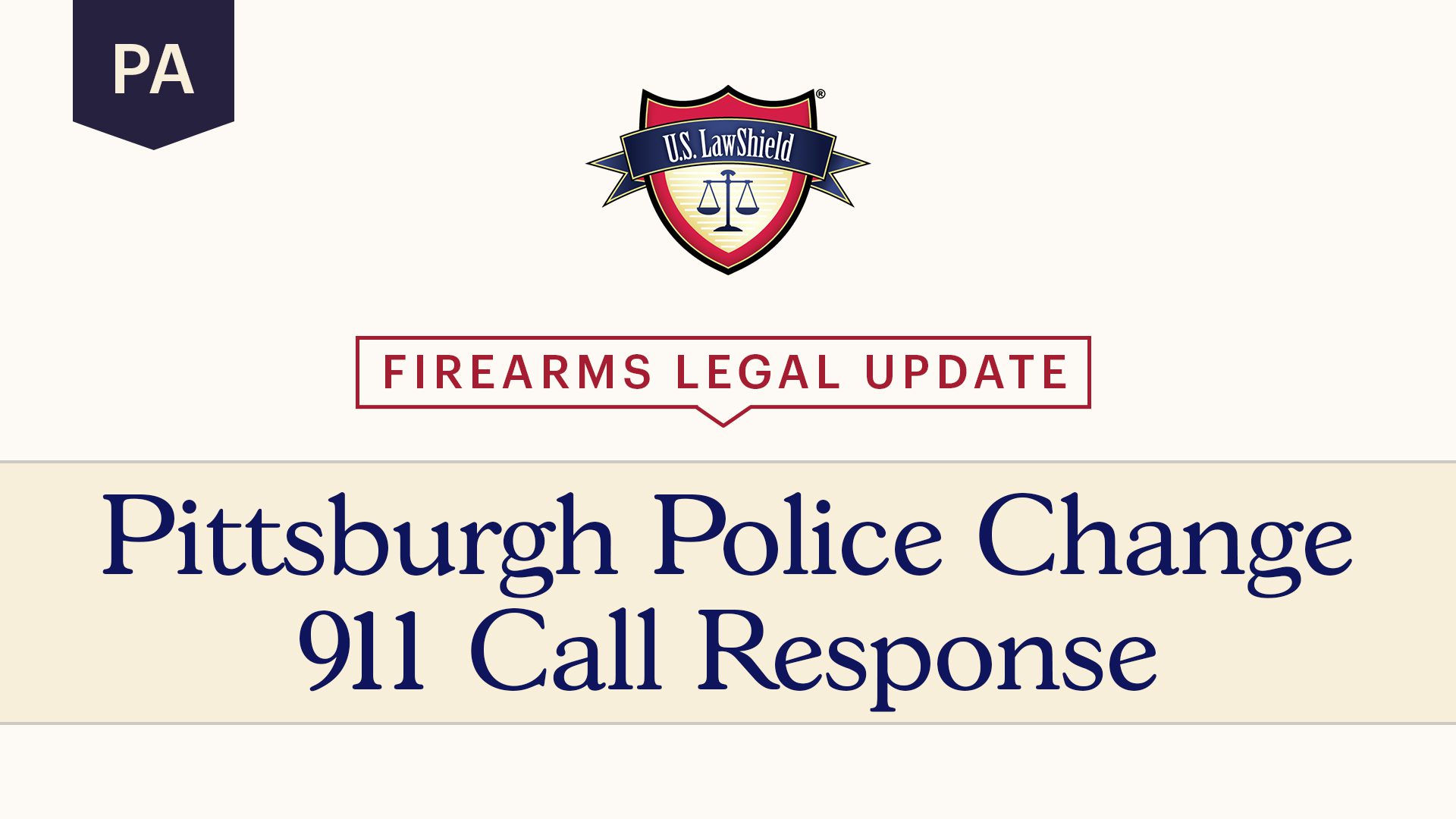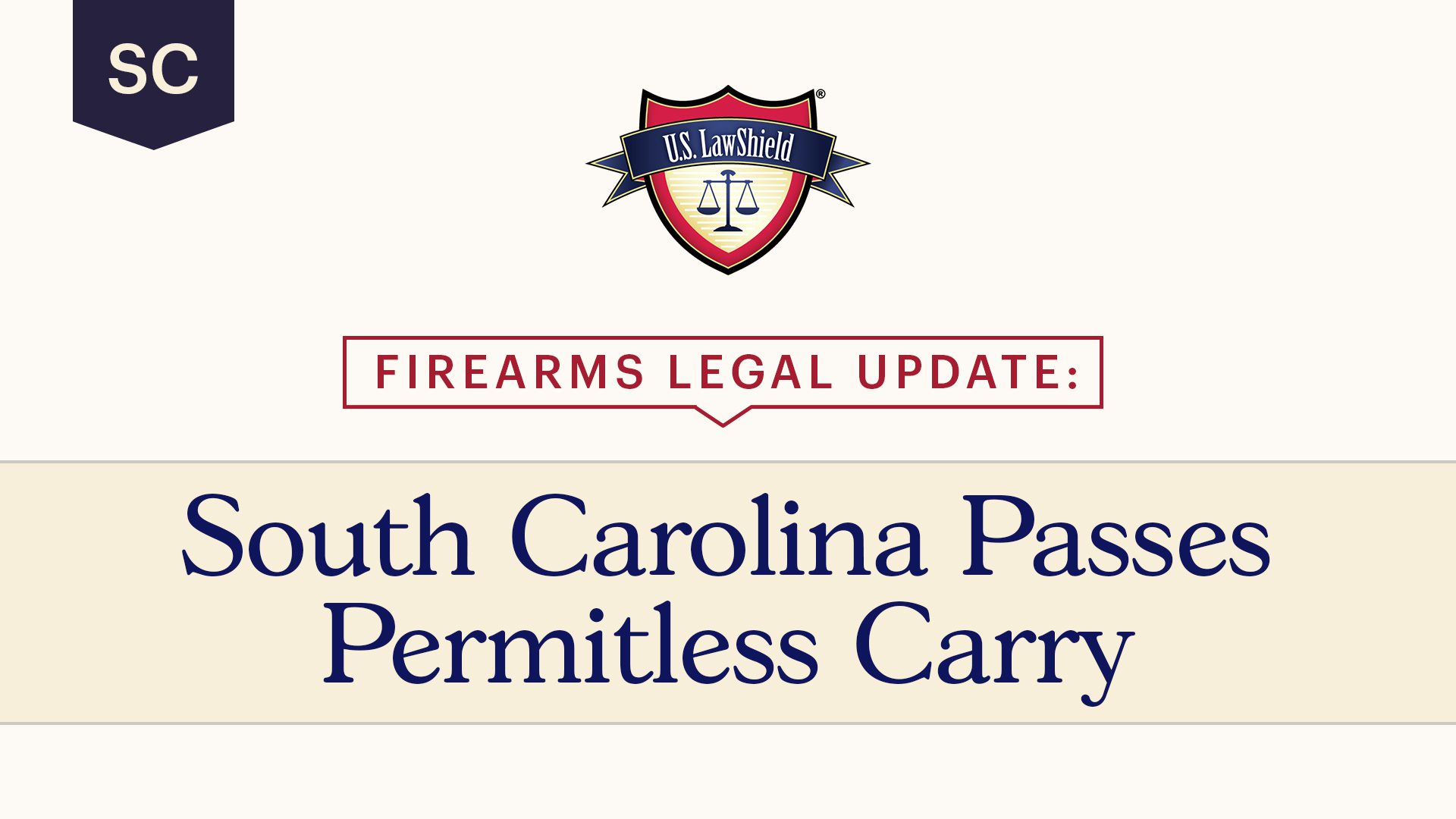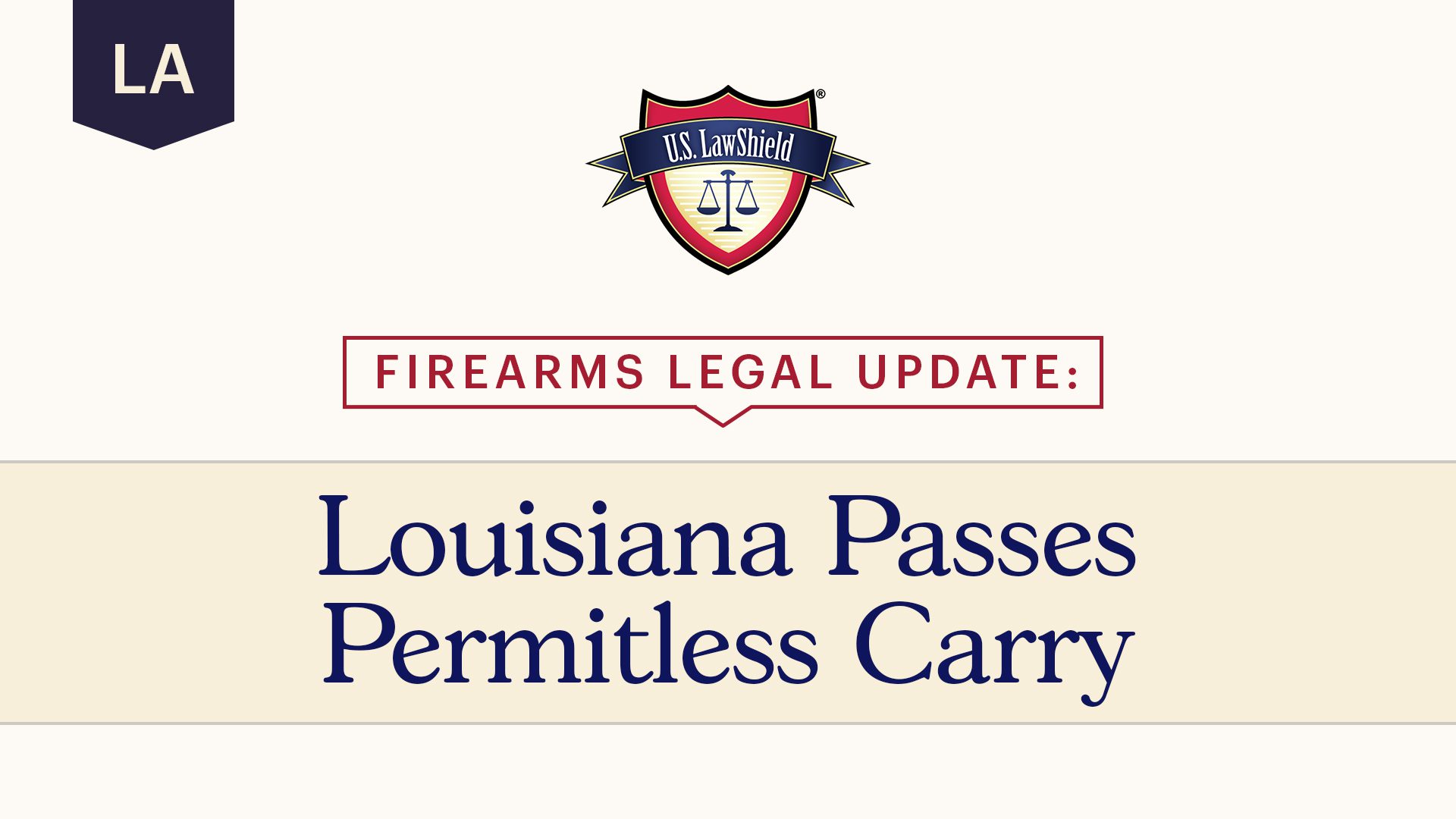If you care about the Second Amendment, have ever applied for a license or permit to carry a concealed handgun, or are familiar with the firearms laws of your state, then you’ve probably come across the terms, shall-issue, may-issue, and constitutional carry. These terms have specific legal implications in each state when it comes to applying for a permit or license to carry a handgun.
Shall-issue states
Most states are shall-issue states, meaning that if an applicant satisfies the legal requirements and completes whatever training course may be required under state law, the state shall issue the applicant a permit or license to carry a handgun. Simply stated, if an applicant ticks all the boxes as required by state law, the permit granting authority is obligated to issue a license to the applicant.
Enjoying this content? Find out how you can get more sent straight to your inbox.
May-issue states
May-issue states, on the other hand, may issue a license or permit to carry to an applicant, but they do not have to do so. These may-issue states afford a certain amount of discretion to the permit-issuing authority, typically the state’s police or sheriff’s departments, to determine whether an applicant should receive a license or permit to carry concealed.
For example, in California, a county sheriff may issue a license if, in addition to other legal requirements, the applicant demonstrates proof of good moral character and good cause to carry a handgun. Unlike in a shall-issue state, in a may-issue state, even if you satisfy all the legal requirements to obtain a license or permit to carry, such as completing the training course, paying the requisite fees, passing a background check, etc., you’re still not guaranteed a license or permit to carry a concealed handgun.
In may-issue states, whether you receive a license or permit to carry a concealed handgun is up to the permit-issuing authority. Fortunately, for most gun owners, may-issue states are increasingly moving away from this method.
Constitutional carry
Finally, let’s talk about constitutional carry. If your state is a constitutional carry state, you typically don’t have to worry about whether your state is a shall-issue or may-issue state. Constitutional carry refers to the legal carrying of a handgun without a license or permit.
Stated differently, in a constitutional carry state, if you can legally possess a handgun, you can legally carry that handgun without the need for a license or permit. Keep in mind, even though constitutional carry states allow for permitless carry, age, location, and residency restrictions may still apply.
If you have any questions concerning shall-issue, may-issue, or constitutional carry states, call U.S. LawShield and ask to speak to your Independent Program Attorney.





Thank u for this info. It was great n great to know this thank u again
Please cover under the Constitutional Carry item how a non-resident from, day Colorado with or without a CO carry permit in CO, what such a person needs to understand about carrying a firearm in a Constitutional State. Thanks
Jim R., here in Idaho, a Constitutional carry state, you must be a legal resident or have a CCP recognized by the state of Idaho to legally carry.
If from a Constitutional Carry State, how does that affect that individual should he travel outside that state?
My exact question. If I travel to a state the is not Constitutional carry do I have to have a permit from my home state still? Is the constitutional carry my “permit” for states that recognize my home state permit?
Jason Allen only if your states CPL license has reciprocity with that states that you are traveling in, and obviously you have to get your states CPL for this to occur. One thing I always do before I travel after checking reciprocity is checking to see that states specific laws on use of deadly force because some states have stand your ground laws and others have equal force laws where essentially you would be facing charges if you used deadly force on someone charging you with a baseball bat for example. Another step I take too is I check to see if the areas I’m traveling to or through are more liberal and if they are, I try to avoid them like the plague because political culture plays a big part in whether a DA will want to prosecute or not. Stay safe
Why does a Constitutional state (no training) also have a CCW?
Great information, thank you for this and all your self defense updates.
JC, some states are “Constitutional carry” and open carry, but you must have a CCW permit to carry concealed.
Makes no sense. Constitutional carry no training CCW must have training.
It caught my attention when you said that in a constitutional carry state, you could legally carry a handgun without the need for a permit or a license. My husband is planning to attend a concealed carry course and buy a handgun for self-defense reasons. Since he wanted to make sure that he won’t break any laws, it would make sense for him to check the licenses and permits that he would be asked to apply for. Thanks for sharing this.